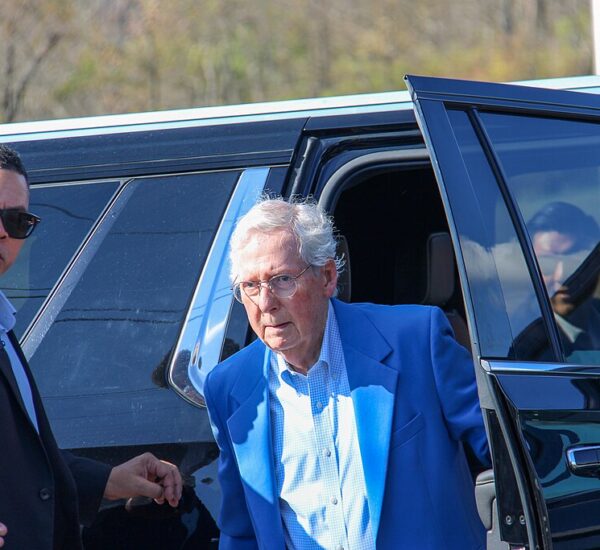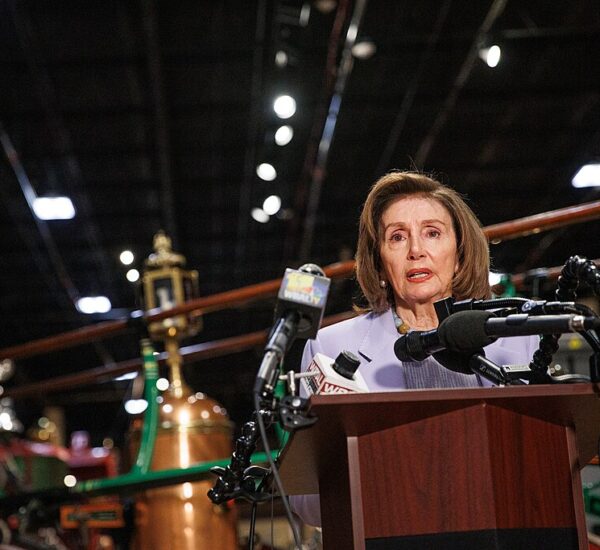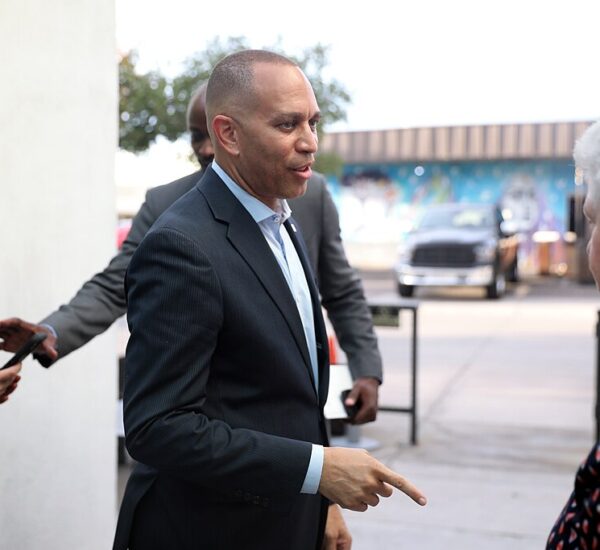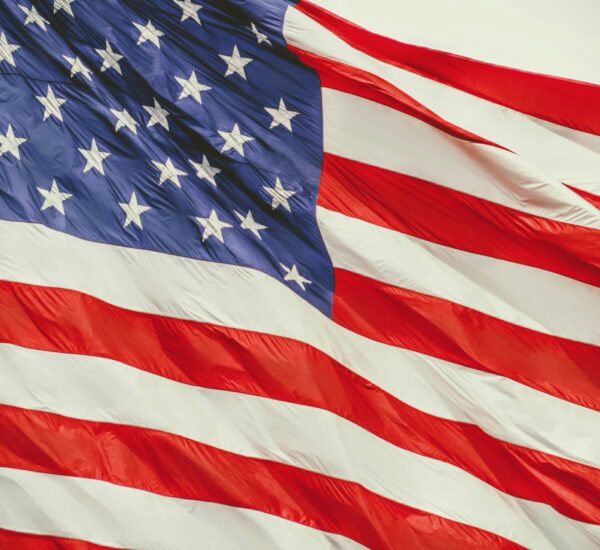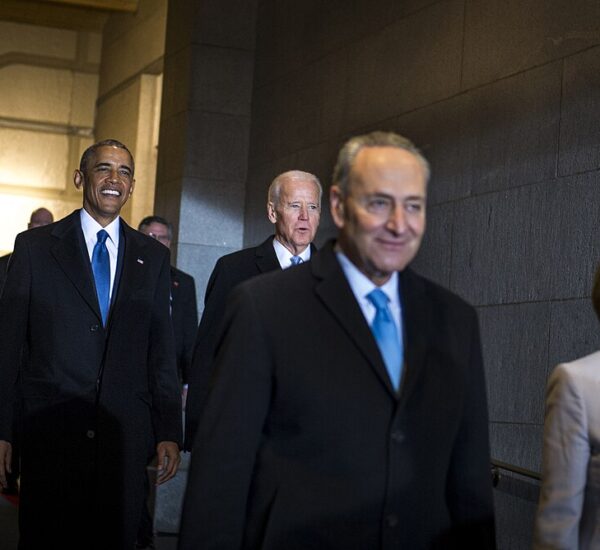Trump Raises Doubts About NATO Again
President Donald Trump recently made waves by suggesting that the United States might not defend NATO allies who fail to meet their defense spending obligations, raising important questions about the future of the alliance. Trump has long been vocal about the need for NATO members to increase their defense spending, and he reiterated this stance during a meeting in the Oval Office.
In his remarks, Trump emphasized that he had warned NATO members about their insufficient contributions years ago, stating, “If you’re not going to pay, we’re not going to defend.” He pointed out that his tough stance led NATO members to pay hundreds of billions of dollars more for defense in the past, highlighting his commitment to ensuring the alliance is fair and equitable.
Article 5 of NATO’s charter guarantees that an attack on one member is an attack on all, yet the provision has only been invoked once in history, following the September 11th terrorist attacks. Trump questioned the reliability of NATO allies in the event of a U.S. crisis, expressing doubts about whether countries like France would come to America’s aid if needed. “Do you think they’re going to come and protect us? They’re supposed to,” he remarked skeptically.
While Trump has been criticized for his tough approach toward NATO, he defended it as a “commonsense” policy. He argued that it’s only fair that countries who fail to contribute adequately to the defense budget shouldn’t expect protection from the U.S. This view aligns with his broader skepticism about multilateral organizations that he believes place an unfair burden on American taxpayers.
Under Trump’s leadership, NATO allies were urged to meet the 2 percent defense spending target, with Trump pushing for that threshold to rise to 5 percent. As of last year, most NATO members still haven’t met this benchmark, with only 23 out of 32 nations reaching the 2 percent target.
This renewed focus on defense spending is particularly relevant given the ongoing conflict in Ukraine, which has put NATO’s role in the spotlight. As more countries, such as Sweden and Finland, join the alliance, the question remains: will NATO remain a fair and balanced collective defense organization, or will the U.S. continue to bear the brunt of the financial and military burden?
Trump’s comments challenge the status quo, suggesting that a reevaluation of NATO’s structure and spending priorities is long overdue.

